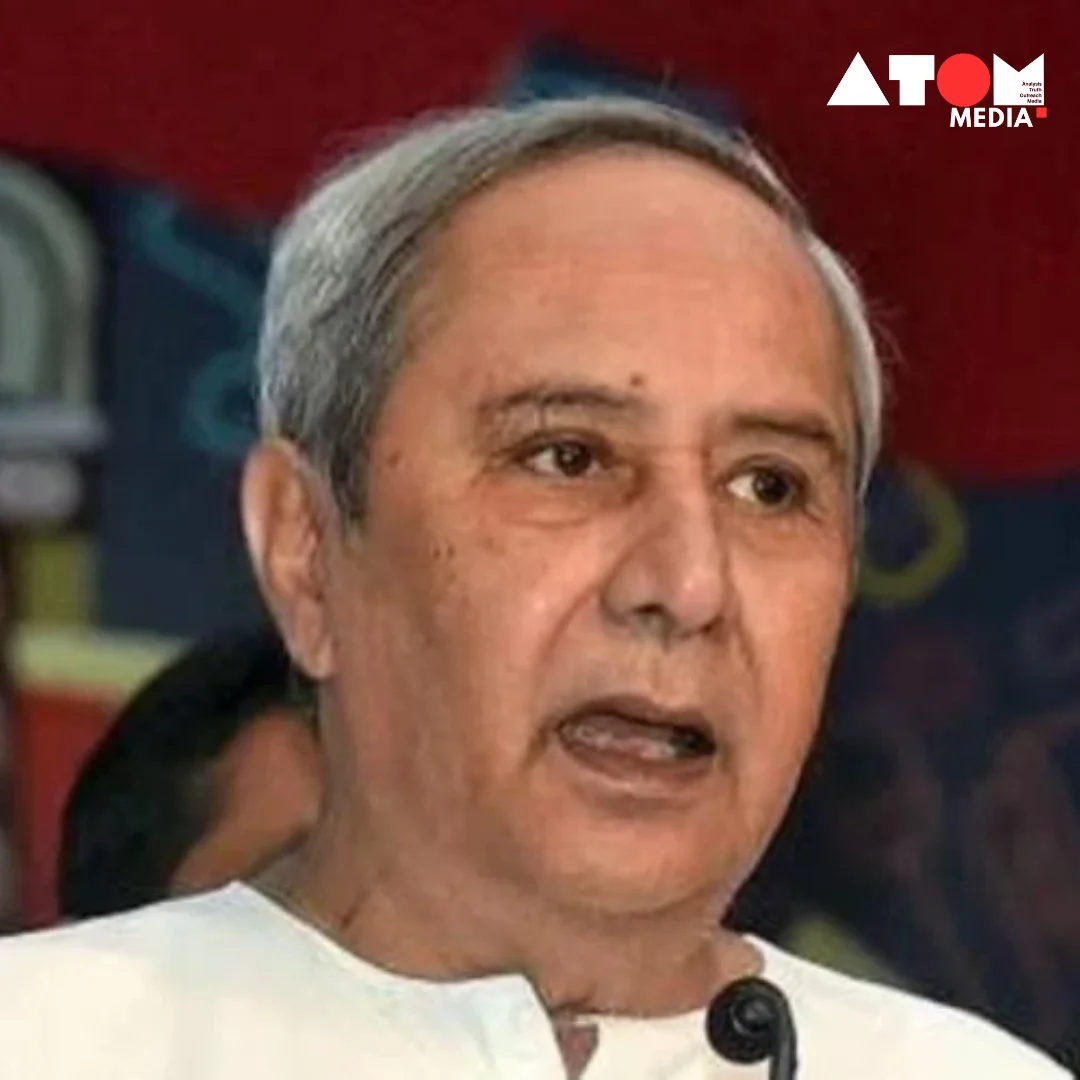BJD’s Commitment to Gender Equality
In fulfilling its promise to ensure 33% representation for women in Odisha’s Lok Sabha seats, the Biju Janata Dal (BJD) has named Lekhashree Samantsinghar as its candidate for the Balasore parliamentary constituency. This announcement marks a significant step towards gender equality in political representation.
Lekhashree Samantsinghar: A New Contender
Lekhashree Samantsinghar, a former vice president of the Odisha unit of the Bharatiya Janata Party (BJP), recently joined the BJD and has been chosen as the party’s candidate for Balasore. Her inclusion not only reflects the BJD’s commitment to empowering women in politics but also signifies a shift in political affiliations.
Samantsinghar’s nomination makes her the seventh woman candidate named by the BJD for the upcoming Lok Sabha elections in Odisha. Previously, the party had selected women candidates for seats in Bargarh, Bhadrak, Jagatsinghpur, Jajpur, Koraput, and Aska, showcasing a growing presence of women in its electoral strategy.
Past Success and Future Prospects
In the 2019 elections, the BJD secured victories in five out of the seven Lok Sabha seats where it fielded women candidates. With the nomination of Samantsinghar and other women candidates, the party aims to build on its past success and further enhance gender representation in the political arena.
Inclusion of Turncoats and Party Strategy
The BJD’s candidate list also includes individuals who have switched allegiance from other political parties, including the BJP and the Congress. This strategic move not only diversifies the party’s candidate pool but also strengthens its electoral prospects by incorporating experienced leaders from various backgrounds.
Assembly Elections and Gender Disparity
While the BJD has made significant strides in gender representation for Lok Sabha seats, the same cannot be said for the upcoming assembly elections. Out of the 117 candidates announced for the assembly elections so far, only 19 are women, highlighting the persistent gender disparity within political parties.
Family Connections and Political Legacies
A notable trend in the BJD’s candidate selection is the inclusion of candidates with familial ties to existing party leaders. This practice, while ensuring continuity within the party, also raises questions about nepotism and the perpetuation of political dynasties in Odisha’s electoral landscape.
Widows and Daughters in Politics
Several candidates nominated by the BJD are widows or daughters of former politicians, indicating a reliance on familial connections to secure electoral success. While these candidates may bring experience and familiarity to their respective constituencies, their selection raises concerns about genuine representation and meritocracy.
Opposition Criticism and Electoral Dynamics
The BJD’s efforts to promote gender equality and expand its candidate base have not gone unnoticed by the opposition. Critics have raised questions about the party’s commitment to genuine empowerment and have highlighted instances of alleged corruption and nepotism within its ranks.
National Context and Regional Dynamics
The BJD’s approach to candidate selection reflects broader trends in Indian politics, where issues of gender equality, dynastic politics, and corruption remain central to electoral discourse. As Odisha prepares for simultaneous Lok Sabha and assembly elections, the political landscape is characterized by intense competition and shifting alliances.
As the electoral battle heats up in Odisha, the BJD faces both challenges and opportunities in consolidating its position as a dominant political force. With a diverse candidate pool and a renewed focus on gender representation, the party seeks to appeal to a wide spectrum of voters and secure electoral success in the upcoming polls.
Towards Inclusive Governance
In conclusion, the BJD’s commitment to gender equality and inclusive governance is evident in its nomination of women candidates for Odisha’s Lok Sabha seats. While the party faces criticism and scrutiny over its candidate selection process, its efforts to empower women in politics represent a positive step towards building a more inclusive and representative democracy in the state.
Read more: Marketing News, Advertising News, PR and Finance News, Digital News





